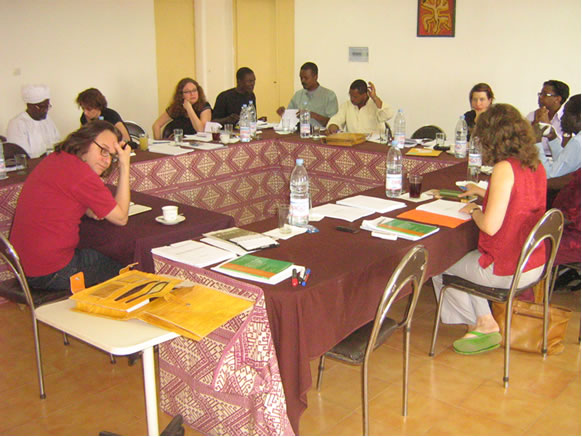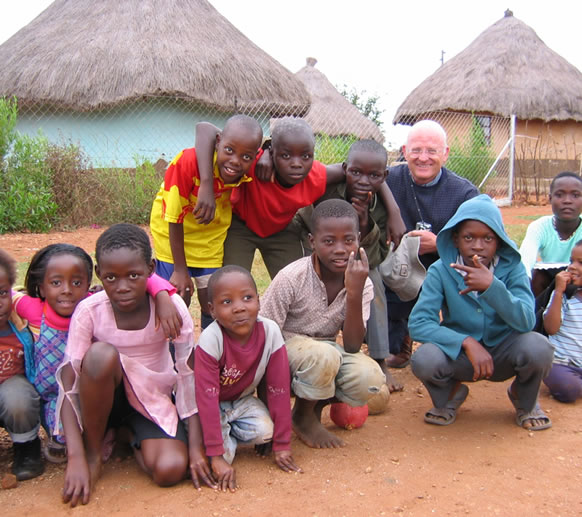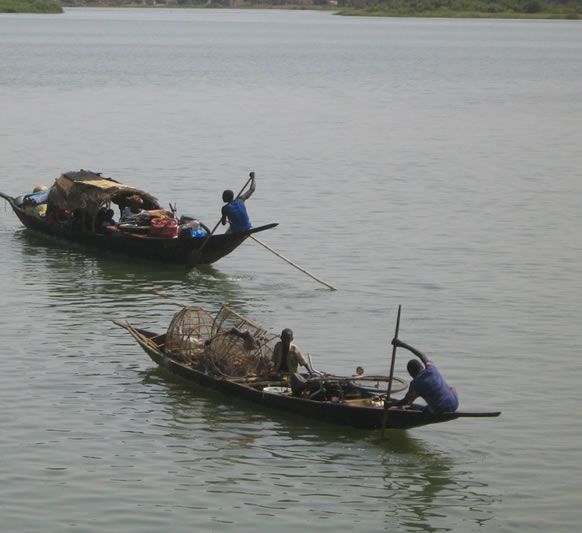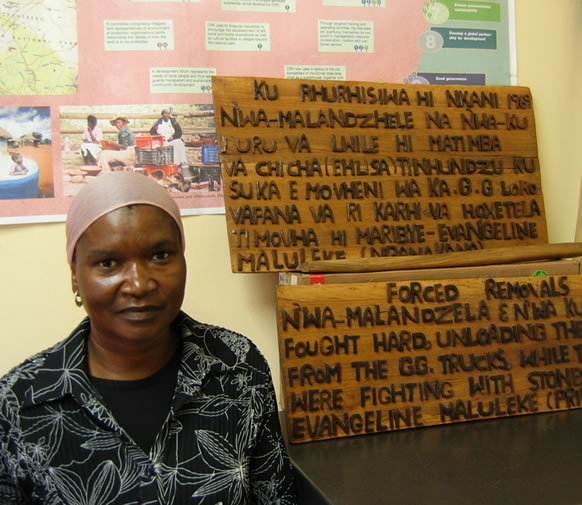|
|
|
|
Welcome to our department! Find below some key questions regarding sociology and social anthropology as disciplines. Follow the staff profile link if you want to find out more about the people of the department or return to the homepage. Sociology
Social anthropology
What is sociology? Sociology embraces the study of human social life – how we relate to and interact with each other and our environment. Some sociologists focus on the interactions between people in everyday life; others study social relationships in particular social institutions such as the family or religion or the workplace, while yet others focus on social movements, or global phenomena such as international labour markets or war or the impact of telecommunications on society. The sociological imagination All sociologists are interested in understanding how people interact, and explaining why and how these interactions take the form that they do and have changed over time. In exploring these issues sociologists probe beyond common-sense explanations such as ‘human nature’ or ‘because it has always been done like that.’ They work with what the American sociologist C Wright Mills has termed ‘the sociological imagination’. This refers to the capacity to be curious about why particular societies or segments of society function as they do - to ask critical questions about social arrangements and to be open to the possibility of different ways of seeing the world. The following are some examples of questions that sociologists explore:
Research skills Sociology not only asks questions about society. It also provides training in how to answer such questions, through a combination of thinking theoretically and undertaking applied research. Sociological research takes many forms, but generally it involves field work that takes the researcher out into the group or community being studied. Over the years the discipline has developed a sophisticated set of principles and practices to guide different sorts of research projects and answer different sorts of research questions. Methods range from major surveys of large numbers of people and statistical analysis, to in-depth interviews with individuals in order to understand their experiences and perceptions, to ‘participant observation’, where the researcher spends time with the group being studied, participating in and observing the group’s daily activities. The training in research methodology that sociology offers its undergraduate and postgraduate students is a very valuable skill, one that can be applied in many different work situations. What can one do with sociology as a university subject? An undergraduate social science degree with sociology as a major opens up many career opportunities, including in:
A postgraduate qualification qualifies one for more senior positions in all these fields. It also opens up possibilities for an academic career at universities or research institutes, or in senior academic management. Here one can contribute to the production of sociological knowledge about one’s society in all fields of social endeavour. This department, for instance, undertakes research on community development, social policy, gender, the social dimensions of HIV/AIDS, the wine industry, black economic empowerment, the military, land reform, and religion. The foundations of sociology as an academic discipline There have always been people asking critical questions about the way their society functions but historically sociology emerged as an academic discipline in Europe, in the late nineteenth century, in response to the immense changes in social life as a result of economic developments (the industrial revolution, rapid urbanisation, the growth of global markets) and political transformation (the fall of absolute monarchies, revolution, European colonialism, the rise of democracy). Major sociological thinkers such as Karl Marx, Emile Durkheim and Max Weber grappled with how to think about and explain these momentous developments. Each was responsible for the development of distinctive theoretical traditions within sociology. In the course of the twentieth century thinkers from outside Europe extended the scope of sociological enquiry, including through critical reflection on the relationship between Europe and other parts of the world and on the nature of modernity. Sociology at Stellenbosch University In South African universities most sociology departments grew out of composite social science departments that combined sociology, social work and/or psychology. In the case of Stellenbosch, sociology was introduced in 1932, originally in a joint department with Social Work. In 1965 the two disciplines separated and Prof SP Cilliers became the first Chair of the new Department of Sociology. What is social anthropology? Social Anthropology is the study of humankind in terms of who we are and what our social and cultural existence means. Both the diversity amongst people and the common responses to the challenges of being human are in continuous focus. This means that what one regards as commonplace and that which is seen as extraordinary are turned around: Social Anthropology makes the strange familiar and the familiar strange by investigating the reasons for behaviour and shared meanings of all people, including ourselves. Social Anthropology builds on the natural curiosity we all have about what it means to be human. It tries to overcome our stereotypes about other people who appear strange to us, by studying the way they experience and perceive life from their own perspectives. Social Anthropology helps to undermine our ethnocentric ideas by comparing and understanding various lifestyles as meaningful, but diverse responses to common human problems that all deserve our respectful engagement. Our ethnocentric ideas are thereby challenged, allowing us to use the insights that Social Anthropology provides to build up an understanding of human life on a more general level. In this study of people, shared meanings (culture), transmitted through learning and communication, are of special interest and these include ideas about making a living, the supernatural, the body (such as sexuality or genetic differences between populations) and the behaviours associated with these patterns of meaning. Another important perspective that Social Anthropology takes is the study of the social life of people (society) in its varied forms of networks, families, organisations, nations, etc. In the study of people we become increasingly aware of the complexity and creativity of human life and the futility of seeking to draw a clear line between ‘us’ and ‘them’.
How does a social anthropologist study people? A literature study is always the entry point for new research that helps one to review the current state of understanding and the available explanatory frameworks for the issues to be studied. The social anthropologist then makes use of her own experiences and perceptions to understand the lives of other people during a period of intensive fieldwork. This means that one is able to connect to other people and social processes on the basis of one’s own habits, ideas, social skills, memories and feelings, while addressing specific research questions. Using one’s self-understanding as a tool for studying other people in the field is central to the primary research method of Social Anthropology: participant observation. Immersion over a relatively long time period in the social and cultural processes that are studied, allows one to start to see the world through the eyes of the people amongst whom one does research. Social anthropologists do research in many different sites: cities, rural areas, business and civil society organisations, development projects, global corporate institutions, music festivals, clinics and hospitals, sporting events, etc. During fieldwork, researchers do systematic observations in order to write ethnographic texts in which the social anthropologist gives a ‘thick description’ (detailed understanding of various positions and angles) and explains the issues studied in terms of their relevant contexts (e.g. historical and political economy). Social anthropology at Stellenbosch university In 1926 the first permanent position in ‘Bantu-ology’ was taken up by dr. Werner Eiselen. He and his later colleagues developed an approach to the subject, known as ‘volkekunde’, that actively supported Afrikaner nationalism as well as the policies of apartheid. Dr. Eiselen himself became a senior state official and advocate of Separate Development policies (as apartheid was referred to). He became the Secretary of Native Affairs under Hendrik Verwoerd, who had also been an academic in the social sciences at Stellenbosch University. The ideological and intellectual rift between Afrikaans- and English-speaking streams of anthropology in South Africa harmed the international recognition of the subject at Stellenbosch, although some of the lecturers made their way into the international academic world, e.g. Brian du Toit, who became the chair of anthropology at Florida State University, USA. In the mid-1990s the department was closed during a reorganisation and scaling down of the faculty. Fortunately, the decision was made to retain the subject as Social Anthropology and to place it with Sociology in one combined department. Since 1997, programmes in Social Anthropology have been introduced on the postgraduate level, while undergraduate courses for Social Anthropology as a major B A subject are increasingly introduced (the third year major was introduced in 2007). Research foci of the social anthropologists in the department are especially the anthropology of health, identity politics, the social impact of nature conservation and the anthropology of development. Typically, South African social anthropologists study their own society as ‘citizen anthropologists’ and are therefore often involved in research that has policy implications. Apart from a focus on research-based teaching and publications, staff members develop strong international networks to benefit the work of students and lecturers. Application of social anthropology and its career possibilities Many students get to hear about Social Anthropology only when they arrive at university, and they are then drawn into the subject because of its romantic and exotic attraction. However, they often decide to continue studying the subject due to the value it adds to understanding our complex social world and one’s own cultural background and identity. Many students see the value of Social Anthropology for a broad introduction to the social sciences and for its usefulness together with other humanistic major subjects. Some also continue studying the subject on the postgraduate level because of their aspiration to launch a career in research and teaching, often in order to address the many social and cultural challenges facing South Africa.
South Africa has several hundreds of people with postgraduate degrees in Social Anthropology and about 100 academic and research posts for the subject. The careers of those working outside academia after achieving a Master’s degree in Social Anthropology are very varied: some work for themselves as consultants in a variety of fields including rural and urban development, public health, the social and cultural impact of infrastructural change and even market research. Others enter the fields of human resources, conservation, tourism, journalism, communication or the new media, where they work within the state, NGOs, international agencies or business. There are many complex relations and interactions in a transforming country like South Africa with its diverse population and huge inequalities for which the insights of a social anthropologist are in demand. A doctoral degree is the final qualification a social anthropologist should obtain to have a strong professional training in this field. To gain access to more information on Social Anthropology and what you can do with a training in this discipline, you can ‘surf’ the websites of the American Anthropology Association (AAA) or the Association of Anthropology in Southern African (ASA). |



